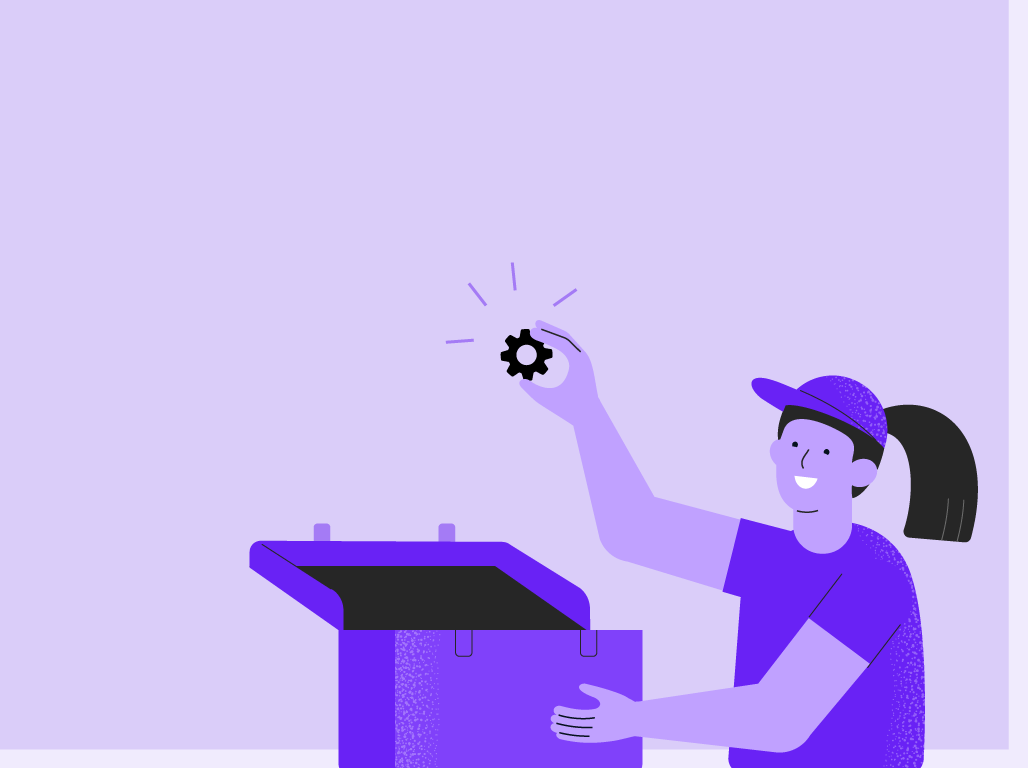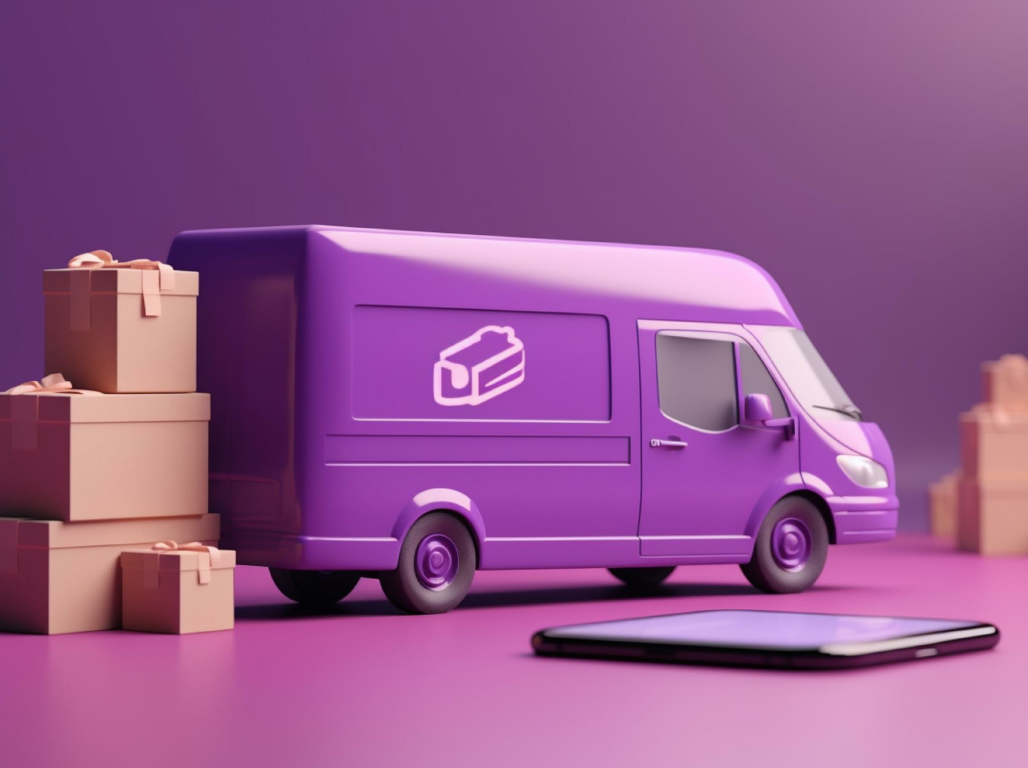Droppoint believes in the importance of effective reverse logistics in the B2B logistics space, particularly in field services industries. Reverse logistics plays a critical role in managing inventory, recovering value from returned goods, and reducing environmental impact.
Reverse Logistics is the process of logistics starting at the customer. This covers any goods or parts that have already been delivered to a customer or customer location. From there the reverse logistics process manages the process of returns or recycling so that the product can be re-used, recycled or re-sold.
Improved Inventory Management
Managing inventory in field services industries can be challenging, as businesses need to ensure they have the right parts and materials available as required. With a good reverse logistics solution in place, businesses can streamline their inventory management processes by outsourcing returns processing and managing their inventory through a single platform or using integrated platforms that allow oversight of inventory and stock location. This can help reduce inventory holding costs and ensure that businesses have the right parts and materials available to meet customer needs.
Increased Revenue
By recovering value from returned goods, businesses can increase their revenue and improve their bottom line. Third-party reverse logistics providers can help businesses recover value from returned goods by managing the processes to deliver goods to recycling facilities, or repair and resale facilities, either within the customer network or through external third party vendor partnerships. This can help businesses maximise the value of returned goods and reduce costs associated with handling and disposal.
Improved Customer Service
Effective reverse logistics can help businesses improve their customer service by providing fast and efficient returns processing, repairs, and replacements. A good Reverse logistics process allows businesses to offer customers a simple and streamlined returns process, which can help improve customer satisfaction and loyalty. If this is designed well it should be as simple for the end user to do a return as it would be in the B2C space. To read more about a custom returns solution implemented by Droppoint you can view our Lenovo Case Study. By building a returns solution that aimed to mimic the simplicity and ease of use that a B2C returns process follows, Lenovo saw a significant increase in Customer Satisfaction.
Reduced Environmental Impact
Reverse logistics plays a critical role in reducing the environmental impact of businesses in field services industries. Third-party reverse logistics providers can help businesses recycle or refurbish returned products, reducing waste and contributing to a more sustainable supply chain. According to Statista in a study done on US Businesses in a B2B environment, end users are more likely to recycle if the product is reclaimed by the company either physically or through a packaging and pickup solution. Additionally, third-party providers can help businesses optimise their shipping and logistics processes for a package and pickup solution, reducing fuel consumption and emissions to further reduce overall environmental impact.
Expertise and Support
Implementing effective reverse logistics operations can be challenging, particularly for businesses in field services industries that may not have dedicated resources or expertise in this area. Third-party reverse logistics providers can offer businesses access to expertise and support, including logistics planning, optimisation, and technology solutions like Droppoint Material Orchestration Solution, that tracks B2B returns through our network. This can help businesses improve their reverse logistics operations and maximise the value of returned goods.
Cost Savings
Effective reverse logistics operations can help businesses reduce costs associated with handling, disposal, and inventory management. By outsourcing reverse logistics operations to a third-party provider, businesses can reduce their overhead costs and focus on their core competencies. Additionally, third-party providers can offer businesses access to technology solutions that can help optimise their supply chain, reducing costs associated with shipping and logistics.
Using a third party reverse logistics solutions can provide significant benefits to businesses in field services industries, including improved inventory management, increased revenue, improved customer service, reduced environmental impact, expertise and support, and cost savings. By outsourcing reverse logistics operations to a third-party provider like Droppoint, businesses can improve their operations and focus on their core competencies, while maximising the value of returned goods and reducing their environmental footprint.




